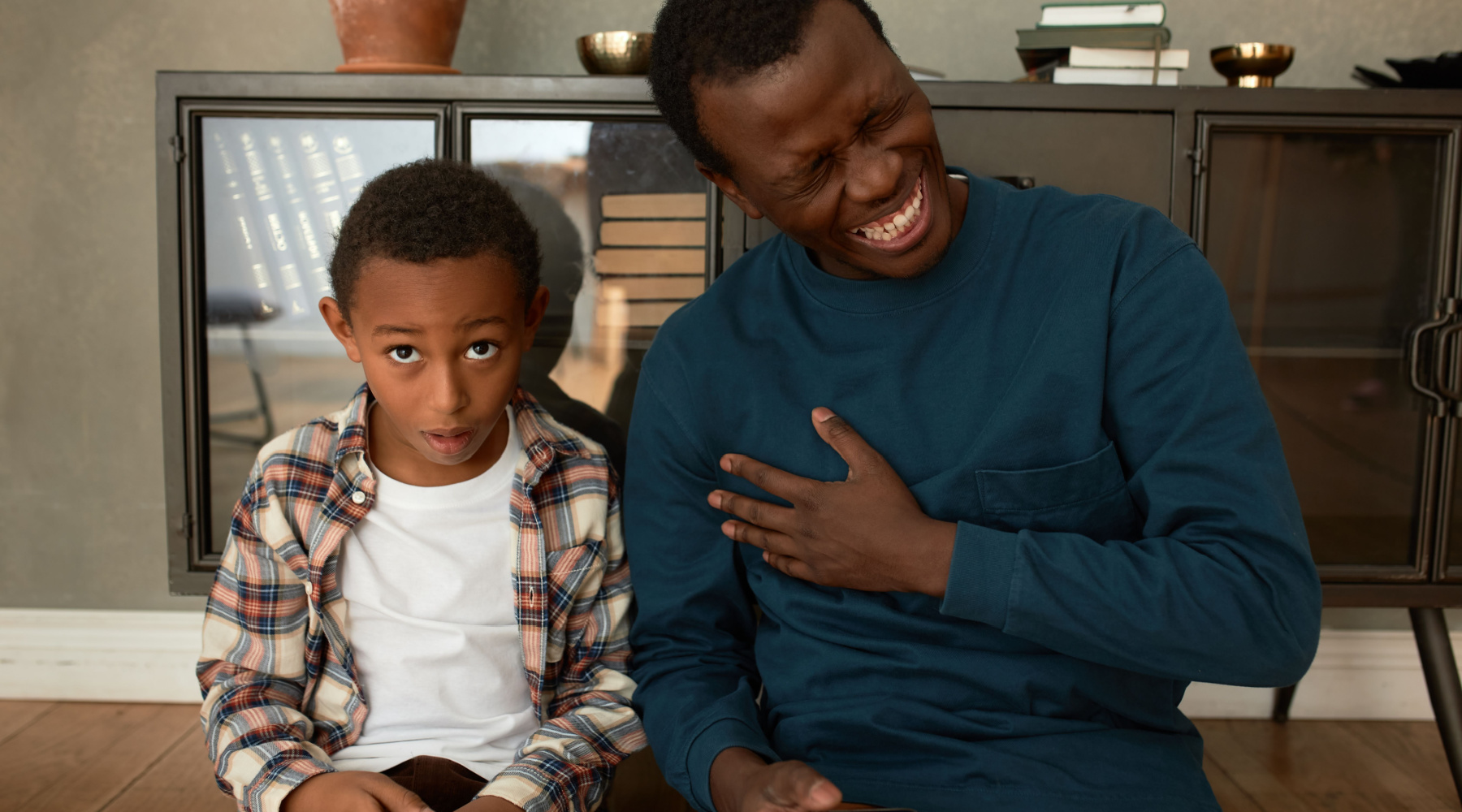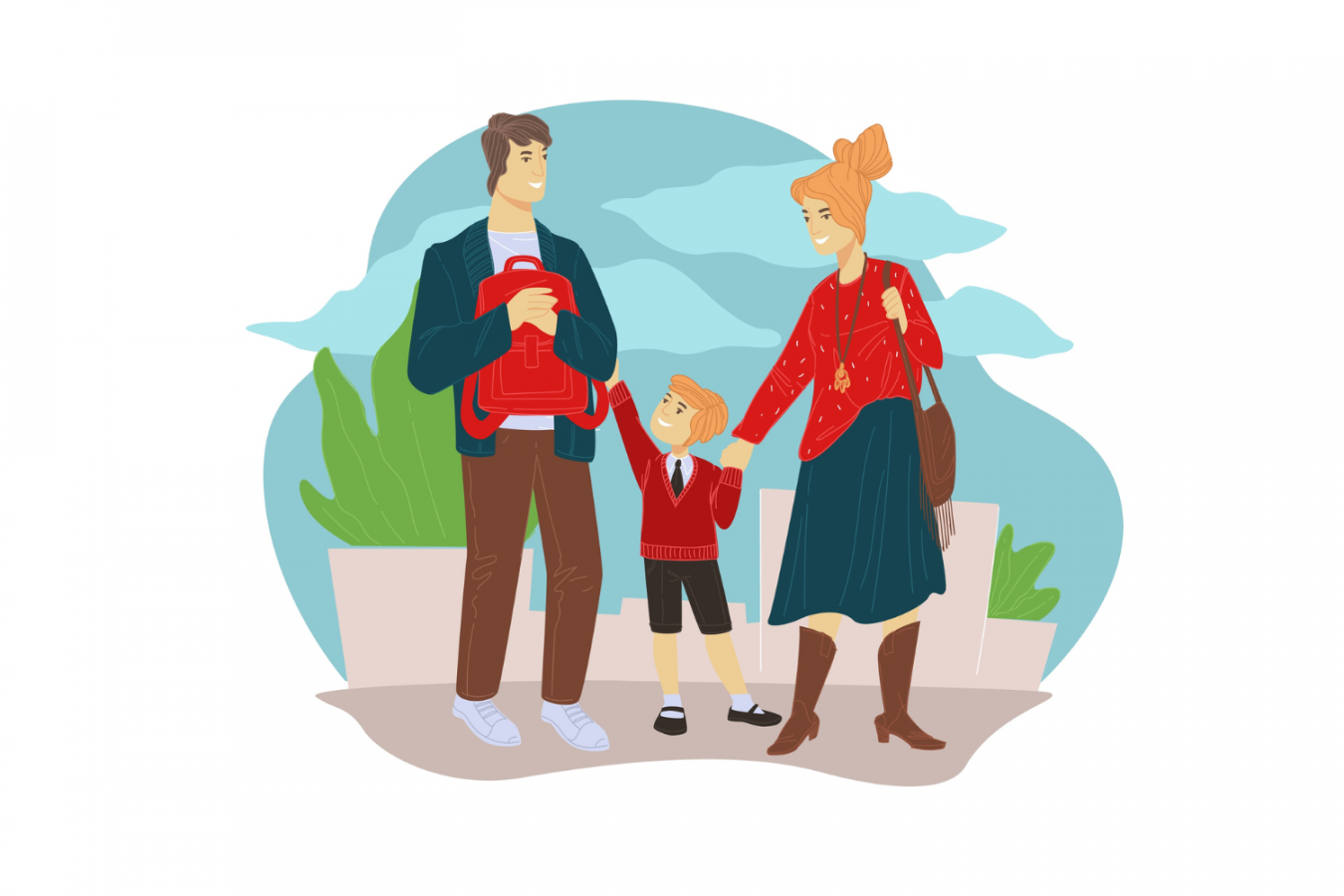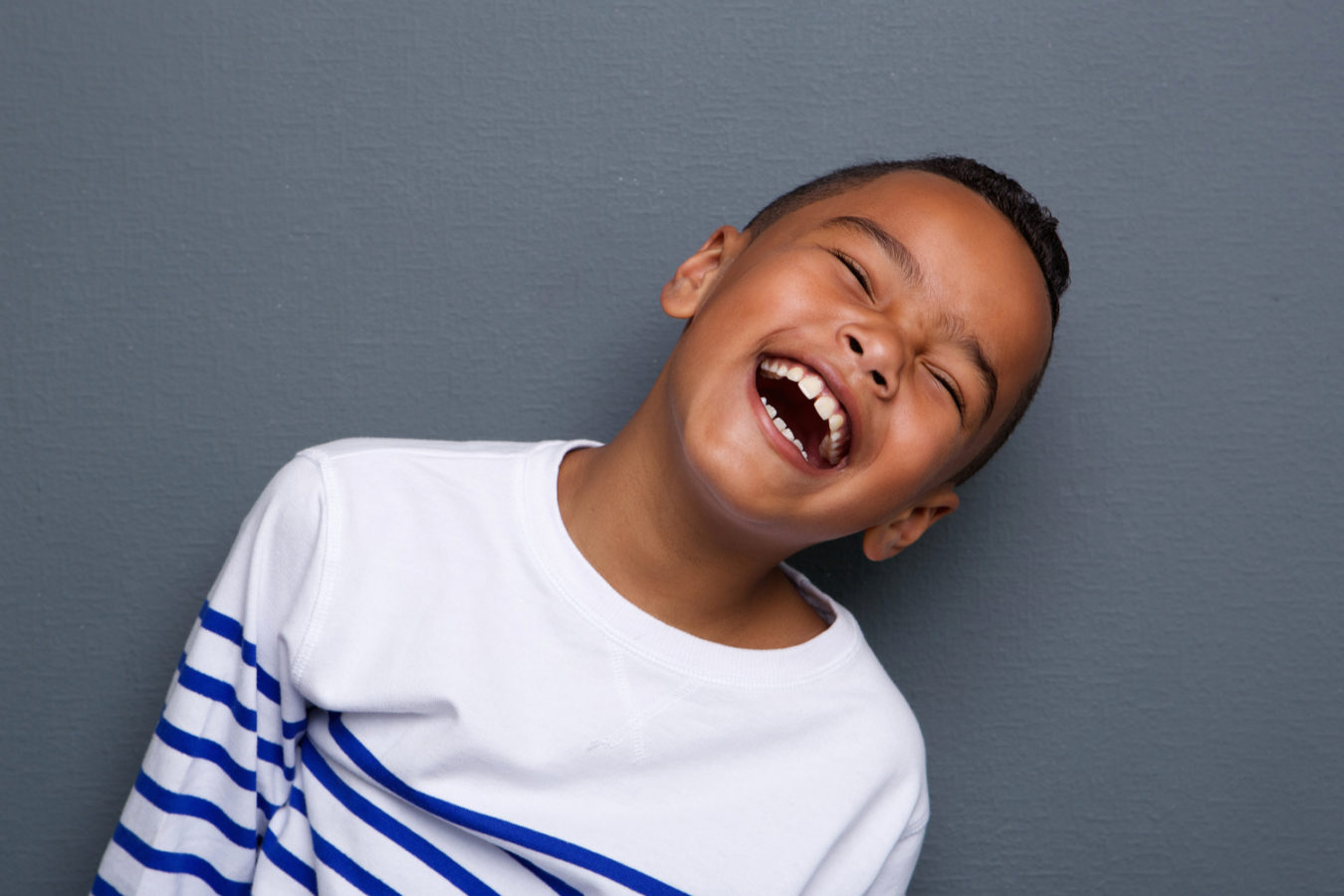
The way dad jokes teach social skills, what happens when you stop 'sharenting', and the two activities to help raise smarter kids.
Our selection of thought-provoking and useful resources from around the web on educating and raising children, and supporting families.
How ‘dad jokes’ may prepare your kids for a lifetime of embarrassment, according to psychology
(Shane Rogers and Marc Hye-Knudsen, The Conversation)
We all love a good dad joke, but it turns out they have a deeper impact on our little ones.
The authors share that dad jokes play a crucial role in social development. They provide an opportunity for parents to connect with their children in a lighthearted way, while also teaching them important social skills.
But why exactly do dad jokes lead to embarrassment? Well, it’s all about preparing kids to handle awkward situations and not take themselves too seriously. These cringe-worthy, cheesy jokes expose children to the feeling of embarrassment in a safe, controlled environment. This helps them develop resilience and learn how to cope with similar situations later in life.
‘This playful and safe teasing serves a dual role in father-child bonding in adolescence. Not only is it playful and fun, it can also be used to help educate the young person how to handle feeling embarrassed’, write the authors.
Read the full articleI stopped posting funny stories about my daughter – and she began to trust me again
(Elaine Kasket, The Guardian)
Have you ever stopped to think about the impact of your social media posts on your loved ones, particularly your children? In this heartfelt article, the author shares a personal story that transformed her relationship with her daughter.
For many parents, posting funny anecdotes and stories about their children on social media is considered harmless. But, particularly as children get older, parents may begin to notice how their ‘sharenting’ affects their children.
In this case, the author found that she could focus on rebuilding their bond in an authentic way, beyond the virtual world. While she admits feeling a mix of sadness and relief, as she let go of the instant gratification social media provided, she describes how this change positively impacted her relationship with her daughter.
The article will resonate with parents who may not realise the consequences of oversharing their children’s personal stories on social media. It serves as a reminder to prioritise our loved one’s feelings and the impact our online behaviour can have on them.
Read the full articleThese 2 activities can help you raise smarter kids, says brain study: They’re ‘associated with improved cognition’
(Tom Huddleston Jr, CNBC)
According to a new study, there are some interesting findings regarding the impact of reading and screen time on children’s development. The article shares how a University of Cambridge study discovered that reading for pleasure has been linked to kids’ better mental health, creativity, and reasoning skills. Additionally, according to research conducted by the Cincinnati Children’s Hospital, children who spend more time reading tend to score higher on cognitive tests than those who replace reading with screen time.
The article also points out that kids who play sports – particularly team sports – ‘have higher self-esteem and lower rates of anxiety and depression than their peers’.
If you’re looking for ways to get your kids to put down the video games, pick up a book, or get into sports, experts say to take a gentle and honest approach. Instead of phrases like ‘because I said so’, clinical neuroscientist Dr Caroline Leaf recommends explaining to children how activities like team sports or reading can enhance brain power in the long run.
Read the full article

